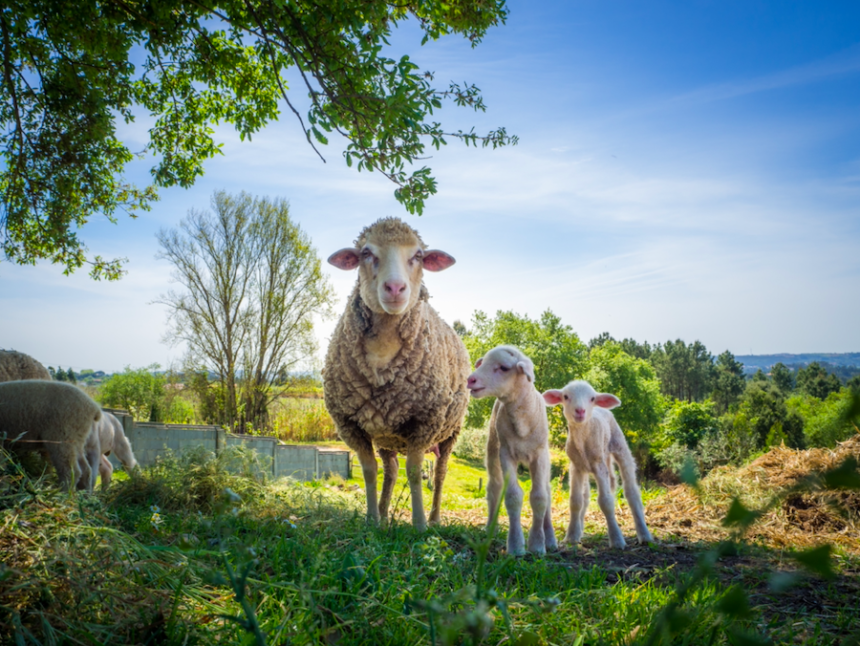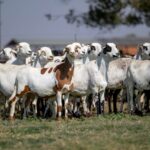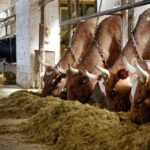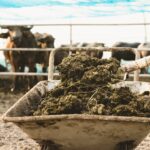Sheep farming can be a rewarding and profitable venture for individuals interested in livestock agriculture. However, before embarking on this endeavor, it is important to understand the key aspects of sheep farming to ensure success and effectively manage your flock. In this article, we will discuss ten crucial things you should know before starting sheep farming.
- Breeds and Purpose: There are various sheep breeds available, each with distinct characteristics and purposes. Some breeds are known for their meat production, while others excel in wool production or are suitable for dairy purposes. Research and choose a breed that aligns with your farming goals and the market demand in your area.
- Facilities and Infrastructure: Prepare appropriate facilities for your sheep, including fenced pastures, sheltered areas for protection against harsh weather conditions, and secure enclosures for lambing and medical care. Adequate water sources and feeding stations are also essential.
- Flock Size and Management: Determine the size of your initial flock based on available resources and your management capabilities. Start with a manageable number of sheep and gradually increase as you gain experience. Proper flock management includes regular monitoring of health, nutrition, breeding, and record-keeping.
- Feeding and Nutrition: Sheep have specific dietary requirements. Ensure they have access to fresh water at all times and provide a balanced diet that includes quality forage, hay, and possibly supplementary feed. Consult with a veterinarian or animal nutritionist to develop a nutrition plan suitable for your flock’s needs.
- Health and Disease Management: Sheep can be susceptible to various diseases and parasites. Develop a comprehensive health management program that includes vaccination schedules, deworming, and regular health check-ups. Familiarize yourself with common sheep diseases in your region and establish a working relationship with a local veterinarian.
- Breeding and Reproduction: Understanding the reproductive cycle of sheep is vital for successful breeding. Learn about estrus cycles, gestation periods, and proper breeding techniques. Decide whether natural breeding or artificial insemination is more suitable for your farming operation.
- Lambing and Care: Lambing is a critical period that requires attentive care. Learn about signs of impending labor, proper lambing assistance techniques, and postpartum care for both ewes and lambs. Be prepared to provide extra attention and support during this time to ensure the survival and well-being of newborn lambs.
- Marketing and Sales: Before starting sheep farming, consider the market demand for sheep products in your area. Research potential buyers and establish connections with local markets, restaurants, and direct consumers. Explore avenues such as selling live animals, meat, wool, or breeding stock to maximize your farm’s profitability.
- Financial Planning: Develop a realistic financial plan that includes initial investment costs, ongoing expenses (feed, healthcare, infrastructure maintenance), and projected income. Consider factors such as flock size, market prices, and potential risks to ensure your sheep farming venture remains economically sustainable.
- Networking and Education: Join local farming associations, attend workshops, and connect with experienced sheep farmers to expand your knowledge and network. Learn from their experiences and seek advice when needed. Stay updated on industry trends and advancements to enhance your farming practices.
Starting a sheep farming enterprise requires careful planning, dedication, and a thorough understanding of the key aspects involved. By familiarizing yourself with sheep breeds, infrastructure requirements, nutrition, health management, breeding techniques, and marketing strategies, you can set a solid foundation for a successful sheep farming business. Remember to continuously educate yourself, adapt to market demands, and prioritize the well-being of your flock. With proper planning and management, sheep farming can be a fulfilling and profitable agricultural venture.
Image by wirestock on Freepik
Join 'Farmers Mag' WhatsApp Channel
Get the latest Farming news and tips delivered straight to your WhatsApp
CLICK HERE TO JOIN






